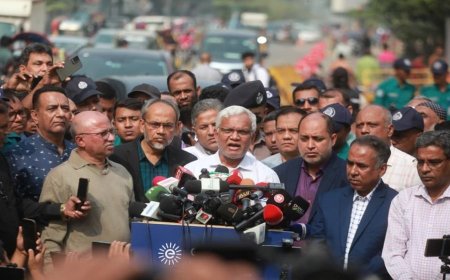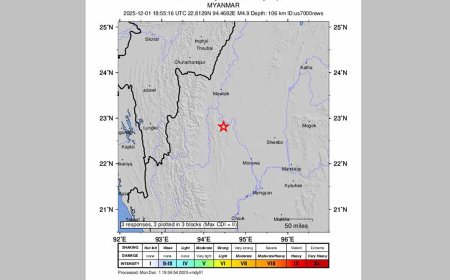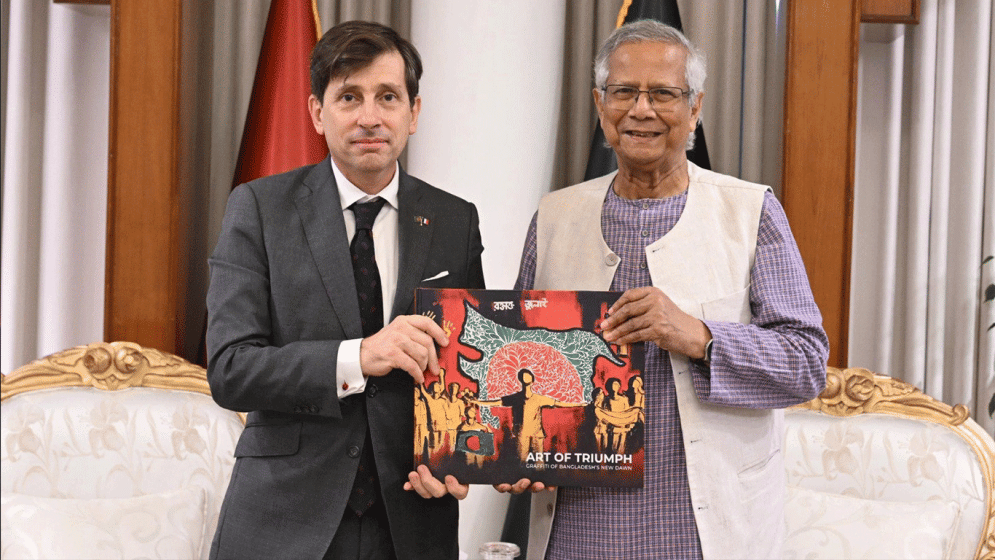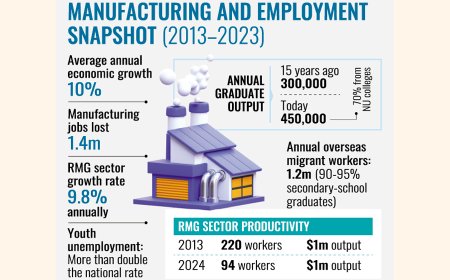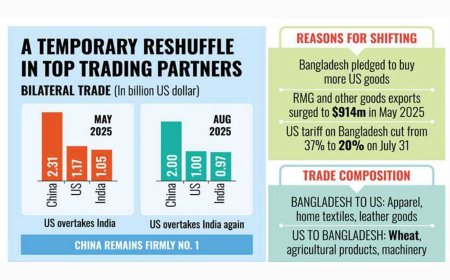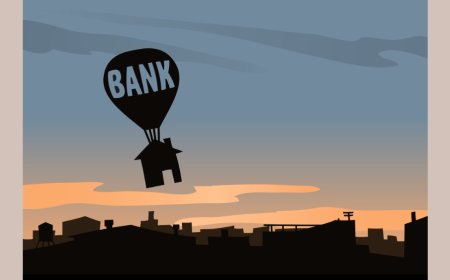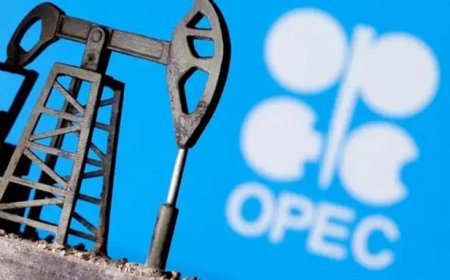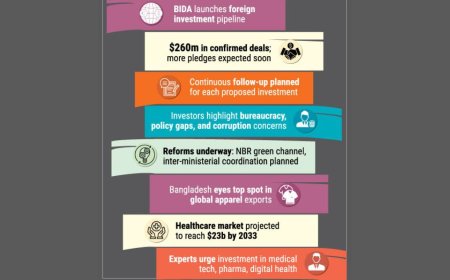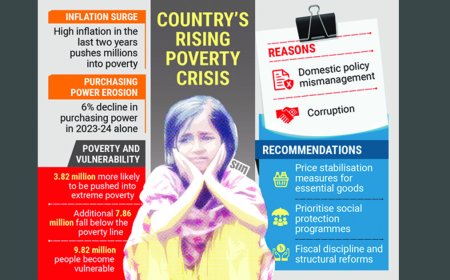Government unveils robust policy package to spur investment and boost national savings
In recent years, investment momentum in Bangladesh has slowed down.

Govt Unveils Bold Policy Package to Revive Investment and Bolster National Savings
In a determined effort to fortify Bangladesh’s economic foundation and steer the country onto a high-growth, sustainable path, the government has introduced a comprehensive policy package aimed at revitalising investment and enhancing national savings.
Investment, a key driver of economic growth, has lost momentum in recent years. Acknowledging the declining share of investment in GDP, the government has launched a series of multi-sectoral initiatives to reinvigorate investment activity, according to the Finance Ministry’s Medium Term Macroeconomic Policy Statement.
These measures are designed to improve the overall investment climate and gradually stimulate higher levels of both private and public investment over the medium term. Public investment, while initially slow, is projected to rise to 6.77% of GDP by FY2027–28.
“To sustain this upward trend, the government is focusing on key infrastructure development, improving the ease of doing business, reforming regulatory frameworks, advancing digital governance, and encouraging foreign investment,” the statement reads.
Efforts are also underway to expand public-private partnerships (PPPs) and broaden access to finance for SMEs and startups. The Finance Ministry notes that these cross-cutting reforms—underpinned by policy consistency and stronger institutions—aim to create a more enabling environment for inclusive, investment-led growth.
As part of its post-LDC transition and economic modernisation agenda, Bangladesh is pursuing an ambitious strategy to scale up both public and private investment.
Capital spending through the Annual Development Programme (ADP) is set to rise from 6.50% of GDP in FY2023–24 to 6.68% in FY2025–26, reinforcing infrastructure, improving social safety nets, and easing barriers to private-sector expansion.
Complementing these efforts, the Bangladesh Investment Summit 2025, held in Dhaka in April, generated strong investor interest. The event produced a high-profile Investment Portfolio and launched a Tk 900 crore Innovation Fund, along with over 150 business-to-government (B2G) meetings. The summit bolstered Bangladesh’s reformist credentials and attracted fresh FDI pledges in sectors like renewable energy, digital economy, textiles, healthcare, and agro-processing.
In tandem with investment promotion, the government is prioritising stronger national savings to support a more balanced and self-reliant growth model. Gross national savings, which dipped to 28.42% of GDP in FY2023–24, are expected to gradually recover—reaching 31.66% by FY2027–28—driven by stabilising inflation, stronger remittance inflows, and improved household and corporate saving patterns.
Gross domestic savings are also projected to increase, rising from 23.96% in FY2023–24 to 26.59% by FY2027–28. This modest rise reflects cautious optimism in the country’s macroeconomic outlook, buoyed by controlled private consumption, steady remittance flows, and moderate inflation.
However, challenges remain in channelling these growing savings into productive investments. The investment-to-GDP ratio remains largely stagnant, highlighting the gap between available savings and actual capital deployment.
Finance ministry officials stress the importance of deeper financial inclusion, banking sector reforms, and a more favourable investment climate to effectively mobilise domestic savings. They also emphasise directing savings into high-impact sectors such as manufacturing and infrastructure to sustain long-term growth.
The ministry believes that these reforms and savings projections will not only reduce dependence on external financing but also contribute to greater macroeconomic stability in the coming years.
What's Your Reaction?









